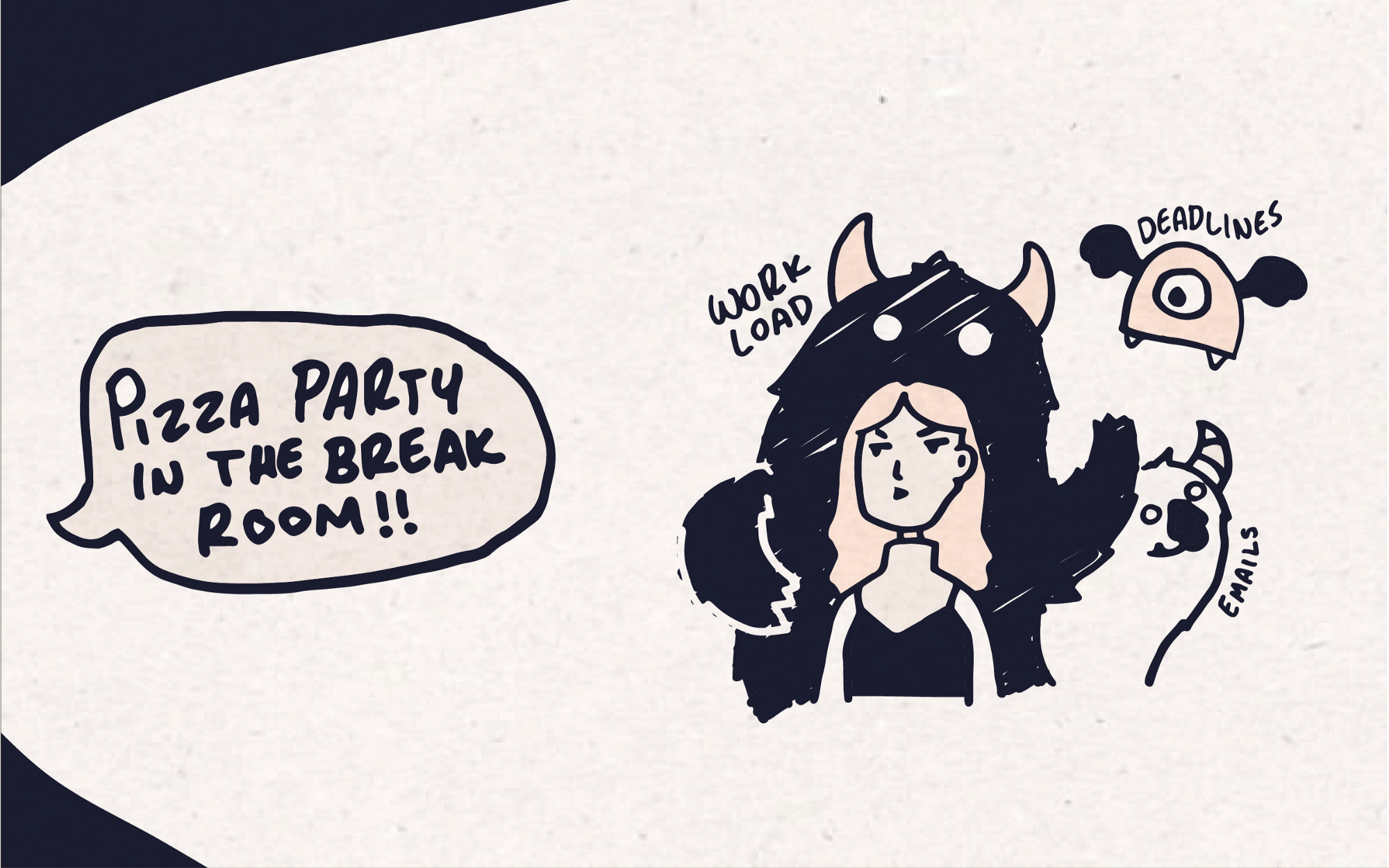
At some point, company culture became synonymous with employee benefits, as if all a good culture entails is including the same few perks. And while it’s true that world-class benefits do initially attract talented people to a company, they don’t necessarily keep them there or keep them happy — and that’s a massive problem for HR and folks that deal with culture.
How did all this come about, and why do we phone-in “culture” with perks and benefits? I think it comes down to time and energy. Good perks get people excited and motivated to be part of an organization — but that excitement and motivation are usually short-lived. It’s a high that wears off. After the honeymoon phase is gone — what’s left?
Many leaders equate better benefits with a better culture because it’s easier than putting in the work to build a sustained and healthy culture. But without both, employees don’t feel valued or invested. Benefits and “fun” perks can start to feel hypocritical to unhappy employees at companies where real cultural initiatives are not a priority. “Oh cool, this beer cart rolling around at 4:45 on Friday afternoon totally makes up for the fact that I haven’t been able to have dinner with my family in weeks.”

Another great example of the difference between good benefits and good culture can be seen in the new trend toward offering employees unlimited vacation. This is a great selling point during recruiting, but often those companies have cultures in place that discourage employees from taking time off. In a recent study, HR platform company Namely found that “employees with unlimited vacation plans take an average of only 13 days off per year, whereas traditional plan employees average 15 days annually.”
So while the benefit is there, there clearly isn’t a culture of trust and support surrounding it that enables employees to actually use the benefit.
Unfortunately, many companies are putting all their proverbial eggs in the benefits basket and doing nothing to build the kind of culture that employees need to do work that matters to them.
So what happens to those people that have started to see the writing on the wall, so to speak? When the benefits no longer bring joy. When the perks don’t pique interest.
Let’s talk scenarios.
Scenario 1: Held hostage by benefits, employees start phoning it in
Whether or not anyone has ever revealed it in an exit interview, plenty of employees stay at a job longer — maybe even years longer — than they wanted to because of the benefits. Maybe the health insurance was better than average, maybe there was paid parental leave, maybe they were offered more vacation days than at competing companies. They were unhappy, but they realized that they were unlikely to find a comparable benefits package elsewhere.
In this case, the employee is essentially held hostage by benefits. Benefits are, after all, the only thing keeping the employee from quitting. And because the employee is just there to keep getting a paycheck — and the benefits — they feel no real drive or motivation to do better work. From the employee’s perspective, they get no joy or fulfillment out of work, so why should they push themselves? From the company’s perspective, its workforce is made up almost entirely by people who aren’t bringing all their talents to the table. If that’s the case, then how can they hope to deliver good work to their end customers? (If this sounds like an exaggeration, consider that only 15% of employees worldwide feel actively engaged. Only 15%!)
Scenario 2: Bad culture leads to high turnover — and constant hiring
With the kind of environment where employees feel disrespected or like they’re not valued, they wind up feeling bitter and angry. Work is a chore, and they wind up taking their frustration out on their loved ones once they leave the office. Then, when they just can’t take it anymore, they quit. Who cares if their retirement hasn’t vested yet or whether or not they have another job lined up? When things are this bad, it seems like the only way to fix it is to jump ship and start over elsewhere — benefits be damned.
In situations like this, it doesn’t matter how much extra money your company pours into a better insurance plan, more time off, or even higher-than-average salaries. If there’s a toxic culture behind it, a company will always be stuck in an endless cycle of hiring new employees and conducting exit interviews with those who have had it up to here.

Benefits don’t override the need for a healthy culture
It might sound like we’re overemphasizing the importance of culture. After all, didn’t companies exist for years without any focus on “toxic” culture? But we’ve seen first-hand the difference that investing in company culture can make.
Before Softway’s cultural transformation, we wondered why people were unhappy. If we offered all ‘The Benefits,’ then why was turnover so high, and why didn’t people like coming to work? It took taking a step back and realizing that we needed to start actively changing our culture, however uncomfortable that was — and it was y’all jeez — but it was worth it.
So, by all means, companies should strive to provide amazing perks and benefits for their people. Still, they also need to realize how important behaviors and relationships are to building great cultures. Any time we work with organizations around culture change or transformation, we always hear more about the work environments than benefits, about how people are treated than the types of treats they have in the break room. More than nap pods or extra vacation days, people want an inclusive environment. They want to feel empowered to make decisions, trusted to do what’s right. They want to be able to bring their full selves to work, not a stripped-down “work self.” People want to be treated like humans, plain and simple. Without those things, all the free coffee, crepe bars, and in-office saunas in the world won’t get people to stay.
If you’re not sure if your company has fallen into the trap of equating culture with benefits, try this exercise: Can you discuss your culture without describing your benefits? Does your description of culture frequently sound like this? “Oh, we have a great company culture. Health and dental insurance, 401k matching, three weeks vacation. And there’s goat yoga at lunch, in-office massages on Friday, and we just had a new cheese cave put in — make yourself a cheese plate whenever you want!” If so, it might be time to start thinking about how you can begin making culture — real culture — a priority.
Frank Danna is the Director of Culture and Seneca for Softway. He’s also the co-creator of the Seneca Series — a radical suite of products designed for sustained culture change. Previously, he co-founded Parabox Creative and GhostCodes (acquired and sold) and did some other stuff too.




